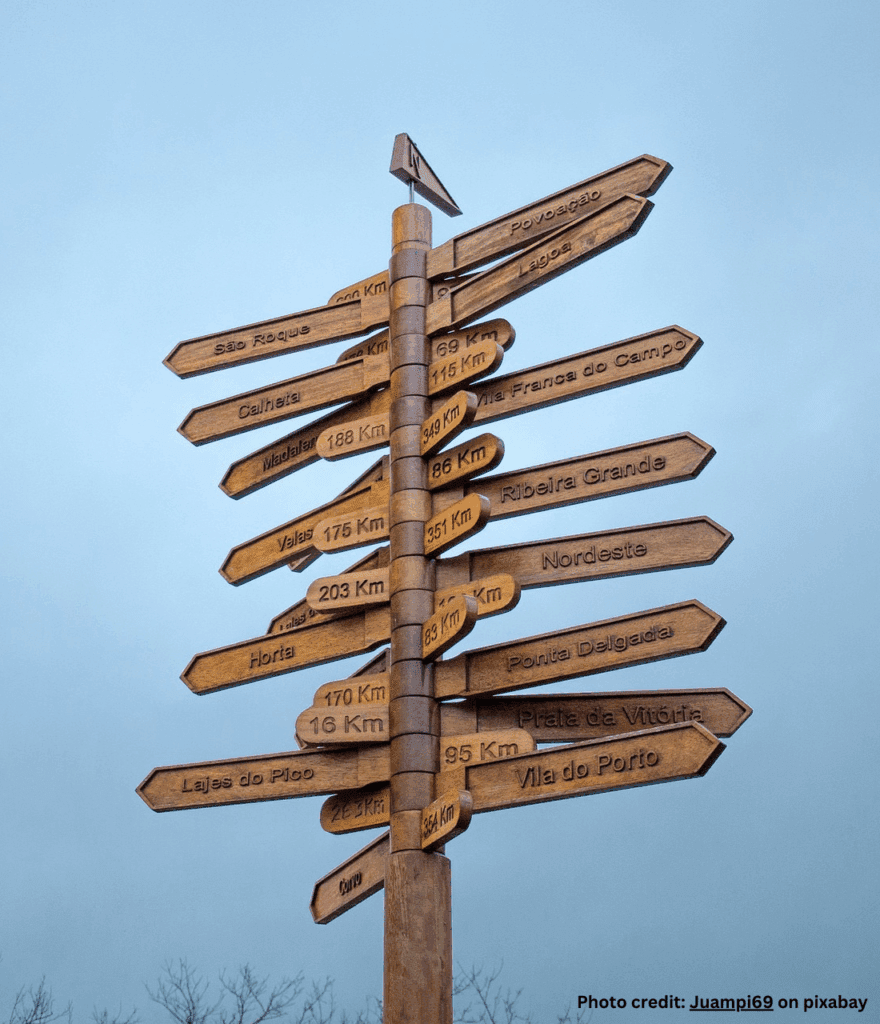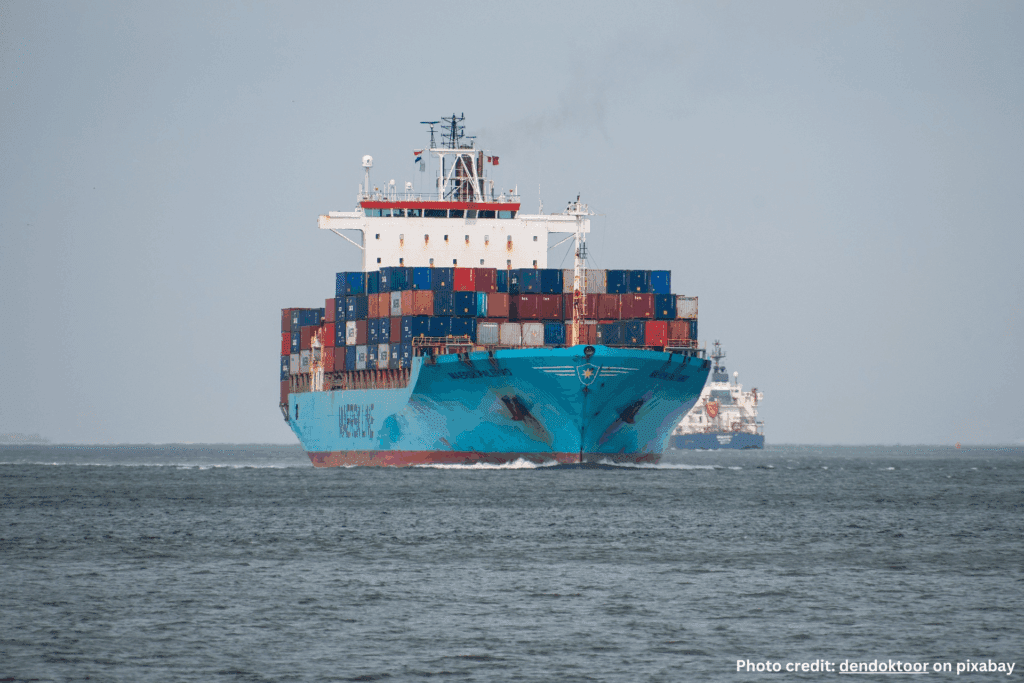A hiker stood at the trailhead one summer morning in Colorado, staring at the wooden sign with three different paths branching out before him. The left trail promised a gentle walk to a serene lake, the middle path led to a challenging but rewarding summit with panoramic views, and the right path offered a longer journey through dense forests with several smaller attractions along the way. Each path would lead to an entirely different experience of the same mountain range—each a unique destination determined solely by which direction he chose to walk.
Life, I’ve come to realize, functions much the same way.
Every day, we stand at countless decision points—some obvious like that mountain trailhead, others so subtle we barely register them as choices. Yet each decision, whether monumental or mundane, serves as a step that carries us toward distinct destinations in our health, relationships, careers, and personal development. Understanding this fundamental connection between our choices and where we ultimately find ourselves can transform how we navigate life’s endless intersections.

Small Choices Create Compound Effects
When James began his software engineering career, he made a seemingly small decision: to spend 30 minutes each morning learning a new programming language before starting his workday. His colleagues chose to use that same time checking emails or scrolling through news. The daily difference seemed negligible.
Fast forward five years—James had become proficient in three additional programming languages, positioning him uniquely for a specialized role that doubled his salary and allowed him to work remotely. His former colleagues, equally talented but without the expanded skill set, remained in similar positions to where they started.
This pattern repeats across all domains of life. The person who decides to save 10% of each paycheck versus spending everything arrives at a dramatically different financial destination by retirement. The individual who chooses a daily ten-minute Bible meditation practice versus filling every moment with activity will experience markedly different mental health outcomes over decades.
Physicist Albert Einstein allegedly called compound interest “the eighth wonder of the world,” noting that “he who understands it, earns it; he who doesn’t, pays it.” The same principle applies beyond finance—our habits and routine decisions compound into life trajectories with mathematical precision.
Consider the humble decision to read for 20 minutes before bed instead of watching another episode on Netflix. That choice alone might represent:
- One book completed per month
- Twelve books per year
- Over 120 books in a decade
The knowledge, perspective, and mental stimulation from those books create a substantially different intellectual and personal destination compared to 600+ additional hours of passive entertainment consumption.

Decision Points Are Directional Signposts
Maria stood in her Manhattan apartment, job offer letter in hand. The position promised advancement in her current field but required relocating to a small Midwestern town. As she weighed the decision, she understood that saying “yes” or “no” wasn’t just about the job—it was about choosing between two entirely different lives.
The Midwestern path would likely lead to career advancement, home ownership, proximity to nature, and perhaps a slower-paced lifestyle conducive to starting a family. Staying in New York meant maintaining her vibrant social network, cultural amenities, dating pool, and the possibility of different career opportunities emerging within her existing connections.
Neither destination was inherently superior—they simply represented different values and priorities. Maria’s decision would function as a directional signpost, pointing her life along one trajectory while necessarily moving away from the other.
Major life decisions operate like selecting which ocean to sail toward. Once you’ve charted a course for the Pacific, each nautical mile traveled makes the Atlantic more distant and impractical to reach. This doesn’t mean you can never change destinations, but it does mean that certain paths become increasingly difficult to access once you’ve invested significant time moving in a particular direction.
This reality explains why decisions regarding education, career, relationships, and geographic location carry such emotional weight. We intuitively recognize that we’re not just choosing an immediate circumstance but effectively selecting among different potential futures—each with its own horizon of possibilities.

Indecision Is Also a Decision
For three years, Alex talked about leaving his unfulfilling corporate job to start his own business. He researched, planned, and dreamed—but never took definitive action. Meanwhile, his former colleague Sophia had launched her venture despite similar fears and uncertainties.

When they reconnected at a conference, Alex was still in the same role, still talking about “someday,” while Sophia had built a successful small business through trial, error, and persistent decision-making. Though Alex never actively chose to remain in his corporate position, his indecision functioned as a powerful decision with its own destination.
There’s an old saying that not making a choice is still making a choice. When we avoid decisions out of fear, analysis paralysis, or the hope that perfect clarity will eventually arrive, we inadvertently choose several outcomes:
- We choose the status quo, even if it’s unsatisfying
- We surrender agency to external circumstances or other people’s decisions
- We delay personal growth that comes through decision-making experience
- We often amplify the very anxiety we’re trying to avoid
Life resembles a swift-moving river rather than a still pond. Refusing to steer doesn’t mean you remain stationary—it means you go wherever the current takes you.
Consider how this plays out in relationships. Two people dating might avoid having important conversations about commitment or future plans because these discussions feel uncomfortable or risky. Their indecision doesn’t freeze time or maintain the relationship in perpetual present tense—it directs them toward a particular destination characterized by communication patterns built on avoidance and increasing emotional distance.
Course Correction Is Always Possible
After fifteen years climbing the corporate ladder, Denise reached an executive position that checked every conventional success box. Yet she felt profoundly unfulfilled. The destination she had chosen in her twenties—financial security and professional status—no longer aligned with her evolved values of creativity, autonomy, and meaningful impact.
Rather than resigning herself to this misalignment, Denise began making new decisions. She enrolled in weekend workshops to explore different interests, gradually reduced her spending to build financial flexibility, and connected with people working in fields she found meaningful. Within two years, these incremental decisions created enough momentum for her to launch a second career as an environmental consultant—work that energized rather than depleted her.

Like a massive cargo ship changing direction, altering life trajectories rarely happens instantaneously. The further you’ve traveled toward a particular destination, the more time and intention the course correction requires. But the fundamental principle remains: new decisions create new directions.
This perspective liberates us from both the paralysis of perfectionism (“I must make the exactly right choice or all is lost”) and the resignation of fatalism (“My past decisions have determined everything”). Each sunrise offers fresh decision points—opportunities to realign with our authentic values and redirect toward more fulfilling destinations.
Consider these course corrections as recalculating your GPS. You may have missed your intended exit, but the navigation system immediately begins computing a new optimal route from your current position. The destination remains possible even if the path must be redrawn.
Intentionality Creates Purposeful Destinations
The experienced sailor doesn’t eliminate storms or contrary winds, but she develops the skill to navigate effectively regardless of conditions. Similarly, conscious decision-makers don’t escape life’s complexities but develop the capacity to move through them with greater purpose and clarity.
Research in behavioral psychology suggests that approximately 40% of our daily actions aren’t actual decisions but habits—automatic behaviors triggered by environmental cues. Without conscious awareness, we can easily find ourselves walking paths of least resistance rather than routes of greatest meaning.
Cultivating decisional awareness—the habit of recognizing choice points and their potential trajectories—transforms us from passengers to pilots in our own lives. This doesn’t mean obsessing over every minor decision or ignoring the role of chance and circumstance. Rather, it means developing the wisdom to identify which choices merit careful consideration because of their directional power.
The ancient Greek philosopher Heraclitus observed that “character is destiny.” In modern terms, we might say that decisions shape character, and character influences future decisions, creating a self-reinforcing cycle that propels us toward particular life destinations.

Embracing Your Role as Navigator
Every day presents a new set of intersections, some clearly marked and others nearly invisible beneath the undergrowth of busy lives. By understanding that each choice—whether to forgive or hold grudges, create or consume, engage or withdraw—moves us incrementally toward distinct destinations, we reclaim our power as active participants in our life stories.
The quality of our destinations correlates directly with our willingness to make conscious, values-aligned decisions even when easier paths present themselves. As leadership expert John Maxwell aptly puts it: “Life is a matter of choices, and every choice you make makes you.”
Sometimes courage means staying the course when difficulties arise, recommitting to the path you’ve chosen despite obstacles. Other times, wisdom calls for charting an entirely new direction when you recognize your current trajectory no longer serves your authentic self. Regardless of which choice point you currently face, remember this fundamental truth: while no single decision determines everything, every decision determines something.
Your next choice awaits. Where will you decide to go?

***
The story of Ruth in the Bible is a powerful example of the impact a decision can have on a life. My latest book, Ruth: Finding My True Love, reveals the wonder and joy that can result from wise decisions. The book is available as a short, illustrated ebook and an audiobook of about 30 minutes.


Here are links to my blog indexes, which will make it quick and easy for you to find another post to read.
∙ Blogs with a Spiritual Theme
∙ Blogs about Books I Like: Fiction
∙ Blogs about Books I Like: Nonfiction
∙ Blogs for Holidays and Other Special Days
∙ Miscellaneous Blogs
